On Friday, November 22, the mayor of Bujumbura, Freddy Mbonimpa, instituted a series of measures “to preserve the health of the population and the economy of the country “. It is an outcry among the population living in the economic capital Bujumbura.
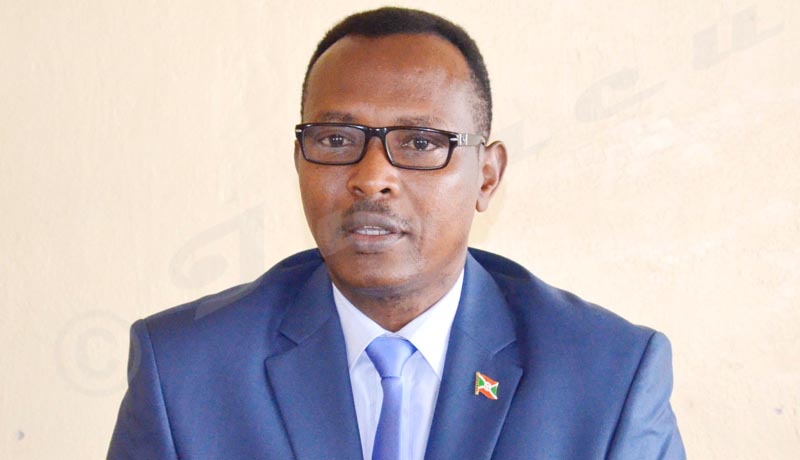
Freddy Mbonimpa: “Contrary to what is said on social media, these measures are not intended to enhance security because it is total.”
From now on, bars will open from 5 pm to close at 9 pm ( business days) and from 1 pm to 9 pm for public holidays ; joint security committees should be set up where there are not and the existing ones should be strengthened, strengthening the control of population movements by regularly monitoring household notebooks; places where unemployed youth meet (ligala) must be dismantled; at least two street lamps must be installed and lit on each parcel, the trade of airtimes under parasols is strictly prohibited in Bujumbura, the street trade in Mukaza commune is suspended ; bar owners must install spotlights to illuminate the premises, etc.
These are some of the measures taken by the mayor of Bujumbura city. Since their announcement, lamentations come from everywhere. Sellers of airtime and those who transfer money by means of telephones do not understand the decision of the mayor. “How were parasols a problem? They were not a source of insecurity. In addition, we pay taxes at the Bujumbura City Council.”
Today, they shelter under the trees to be able to sell their products. “It’s this business that keeps our families alive. With this decision, it will now be difficult for me to support my family,” says an airtime seller met in Bujumbura city center.
According to him, before this decision, he could make a profit of BIF 15000 per day, but since the measures of the mayor of Bujumbura city came into force, he cannot exceed BIF4500.
For Jean Claude, another seller of airtime cards for telephones, these parasols allowed them to be noticed. He wonders how they will attract customers without any distinguishing feature. “They’ll take us for crooks. We are also afraid of the police who can stop us at any time. “As for Nestor, he says he has been transferring money since he graduated from university.
“I have been unemployed for 3 years. Our authorities constantly ask us to create our own jobs. I had applied for a small loan to start my business. Since then, I have been supporting my family easily. Today, my future is uncertain,” he says.
The mayor backtracks
Bar owners also complain bitterly about the measures of the mayor of the city. “We receive customers from 9 pm. Some return from work at this time, others return home from bars located downtown. At 8 pm, we usually have 3 or 4 customers. With these measures, we’d better close doors, ” says a bar owner from Kinanira neighborhood.
“With these measures, I risk closing up the bar. I cannot work 4 hours and hope to make money. I have 15 employees who risk losing their jobs. Moreover, why should we close bars at 9 pm when we are told that there is peace in the country?” wonders another bar owner from Kanyosha neighborhood in the south of Bujumbura.
As for the installation of spotlights to light their bars, the answer of bar owners is unequivocal: “Why doesn’t public lighting work? The mayor of the city would better find a solution to this problem”. All of them ask Freddy Mbonimpa to defer his measures.
After this outcry provoked by his measures, Freddy Mbonimpa had to clarify some controversial points. “Contrary to what is said on social media, these measures are not intended to enhance security because it is total. We took them to preserve the health of our citizens,” he said.
According to him, the reports of the municipality of Bujumbura show that people start drinking from 9am in some localities. It is this state of affairs that would have motivated these measures. “These people become unproductive at work,” he said.
However, he said that the gas stations, shops, nightclubs or snack bars etc., will continue to work as usual. It is the same case for those who have ceremonies (marriage, dowry …). “If they notify the local administrative authority, they shall go beyond the agreed time because there is no curfew.” He warns the bar owners that they will be fined if they resist closing their bars at the fixed time.
Concerning the sellers of telephone airtime under parasols, he indicates that the decision was motivated by the disorder they create. “However, we are in the process of consulting with the managers of these telecommunication companies to see how this could be done better,” he said. It is the same for street vendors.
“Since we cannot know who pays the tax and who does not, we decided to keep them away from Mukaza municipality while waiting for Bujumbura City Council to build another place where they shall conduct their businesses.”
Reactions
Gabriel Rufyiri: “The measure of suspending itinerant trade can be challenged in court.”
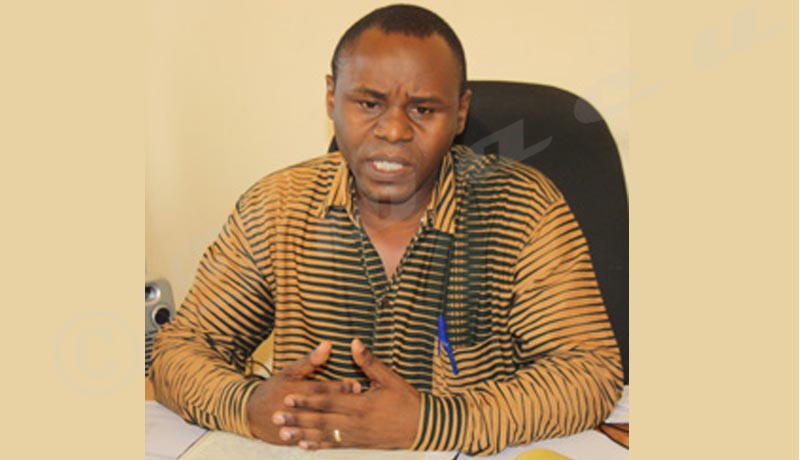 The president of OLUCOME, a local corruption watchdog is against the measures taken by the mayor of Bujumbura city. “They are not in his domain”. He reminds the law N o 1/01 of 16 January 2015 on the amendment of the Law N o 1/07 of 26 April 2010 on the Commercial Code. Articles 45 and 51 of this law sufficiently show that itinerant trade is legally accepted. According to him, no authority can change this Commercial Code, because it is a law that was voted by the parliament and which was promulgated by the President of the Republic. “Those who conduct itinerant trade are officially recognized and governed by laws that must be respected by everyone. If someone registered as a street vendor, they are protected by this Commercial Code.”
The president of OLUCOME, a local corruption watchdog is against the measures taken by the mayor of Bujumbura city. “They are not in his domain”. He reminds the law N o 1/01 of 16 January 2015 on the amendment of the Law N o 1/07 of 26 April 2010 on the Commercial Code. Articles 45 and 51 of this law sufficiently show that itinerant trade is legally accepted. According to him, no authority can change this Commercial Code, because it is a law that was voted by the parliament and which was promulgated by the President of the Republic. “Those who conduct itinerant trade are officially recognized and governed by laws that must be respected by everyone. If someone registered as a street vendor, they are protected by this Commercial Code.”
For the president of OLUCOME, this measure can be challenged in justice and the person who took it may be punished. For OLUCOME, it is more than urgent to put the situation right. “If these traders have been duly registered by the authorized services, they can form an association and then seek a lawyer and file a complaint against this decision of the mayor of Bujumbura city. An authority must not improvise.
They must act based on the laws and texts in force. He recalls Law No. 1/22 of 25 July 2014 regulating the recourse and direct action of the State and municipalities against their agents, which may affect all public officials who abuse their authority by violating the rules and laws of the country.
“Our servants must not consider themselves as superpowers by ignoring laws such as this code of commerce. We encourage the concerned traders to lodge a complaint against these measures. ”
Jean Bosco Ndayikengurukiye: “The previous measures by the Mayor of Bujumbura City are both untimely and inefficient.”
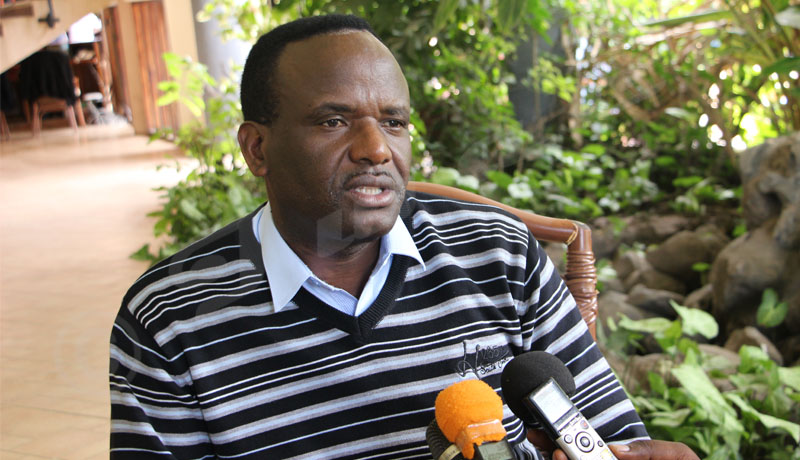 According to the Secretary General of the Burundian Coalition for Opposition Forces for the Restoration of the Arusha Agreement (CFOR-Arusha), these measures were taken after the joint meeting of the Minister of the Interior and the Minister of Public security with all local government officials. For him, these measures are characteristic of a state of emergency.
According to the Secretary General of the Burundian Coalition for Opposition Forces for the Restoration of the Arusha Agreement (CFOR-Arusha), these measures were taken after the joint meeting of the Minister of the Interior and the Minister of Public security with all local government officials. For him, these measures are characteristic of a state of emergency.
According to him, these measures hide the fear the power has in the wake of the resurgence of rebel attacks, including that which occurred in Mabayi over the past few days.
For Jean Bosco Ndayikengurukiye, daring to put the city of Bujumbura in a state of emergency is mere cowardice. “The power is supposed to have enough technical and administrative means to avoid being surprised and thus to carry out a strategic defense against those whom it calls without reason the enemies of the nation”.
He said that these measures will undermine the national economy which is already bad.
“The ordinary citizens who are already unable to make ends meet are sacrificed. The tourism, hotel and investment sector will be absolutely affected.”
For the Secretary General of CFOR-Arusha, only the guarantee by the power of the fundamental rights and freedoms to each citizen is a guarantee of national strategic security, in the service of lasting peace.
“Today, the country does not need the security measures typical of a state of emergency. It needs inclusive negotiations to create a consensual politico-legal framework respecting the Arusha Agreement. Sustainable peace and security depend on it. Any other security measure is a waste of time.
Hamza Venant Burikukiye: “The survival of the population should also be taken into account”
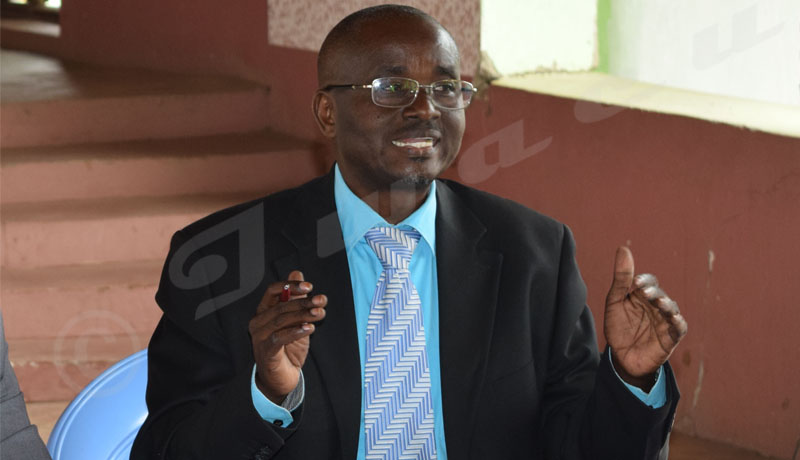 “If it is about guaranteeing the security of the population, the taken measures are not only necessary but also absolute,” says Hamza Venant Burikukiye, legal representative of CAPES+ Association. However, he continues, the survival of the population should also be equitably taken into account. “That is why we remain convinced that other accompanying measures will be taken as quickly as possible so that the population continues to enjoy their fundamental rights, especially that peace and security reign in the country as the mayor of Bujumbura city said even though there may be detractors,” he says.
“If it is about guaranteeing the security of the population, the taken measures are not only necessary but also absolute,” says Hamza Venant Burikukiye, legal representative of CAPES+ Association. However, he continues, the survival of the population should also be equitably taken into account. “That is why we remain convinced that other accompanying measures will be taken as quickly as possible so that the population continues to enjoy their fundamental rights, especially that peace and security reign in the country as the mayor of Bujumbura city said even though there may be detractors,” he says.
Abdoul Kassim: “The measure of regulating the opening hours of bars was timely”
For Abdoul Kassim, chairman of UPD Zigamibanga party, this measure to regulate the opening hours of bars was necessary. “Seeing people drinking beer at 8 am is unacceptable. This decision is timely.”
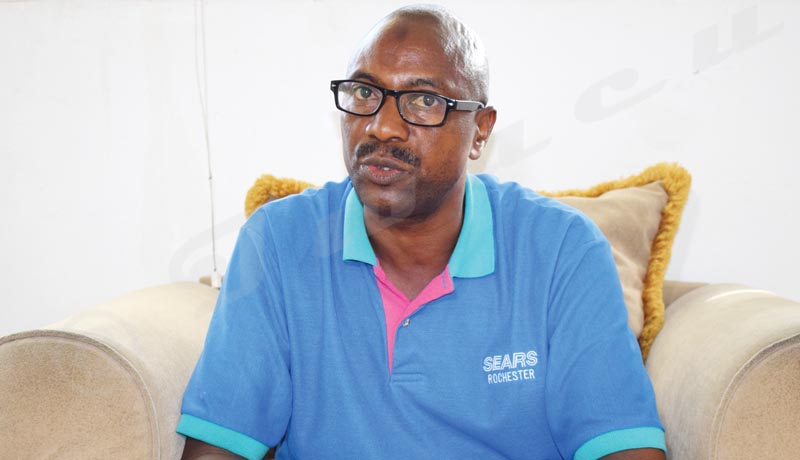 Regarding the measure that prohibits the trading of airtime cards for telephones under parasols, Abdoul Kassim says he at first did not understand the good of this decision while it is a business that many people live on. “Today, I see they continue to work. Only parasols were removed. I find that there is no problem.
Regarding the measure that prohibits the trading of airtime cards for telephones under parasols, Abdoul Kassim says he at first did not understand the good of this decision while it is a business that many people live on. “Today, I see they continue to work. Only parasols were removed. I find that there is no problem.
For the president of UPD Zigamibanga, Burundians must change mentality and work in the formal system. “These traders can form associations of 5 or 10 people and look for the necessary documents to work quietly. Preventing them from working is not enough. We need to sensitize them to integrate the formal system.”
For those who speak of a disguised establishment of a state of emergency, Abdoul Kassim rejects this idea categorically: “Today, there is nothing that can explain the establishment of a state of emergency. Moreover, it is not the mayor of the city who can make such a decision.”
For him, these are rumors. “In Burundi, there are too many idle people. They spend their time spreading false information.




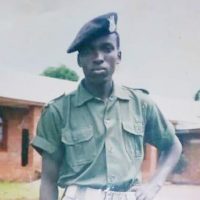














 IWACU Open Data
IWACU Open Data

